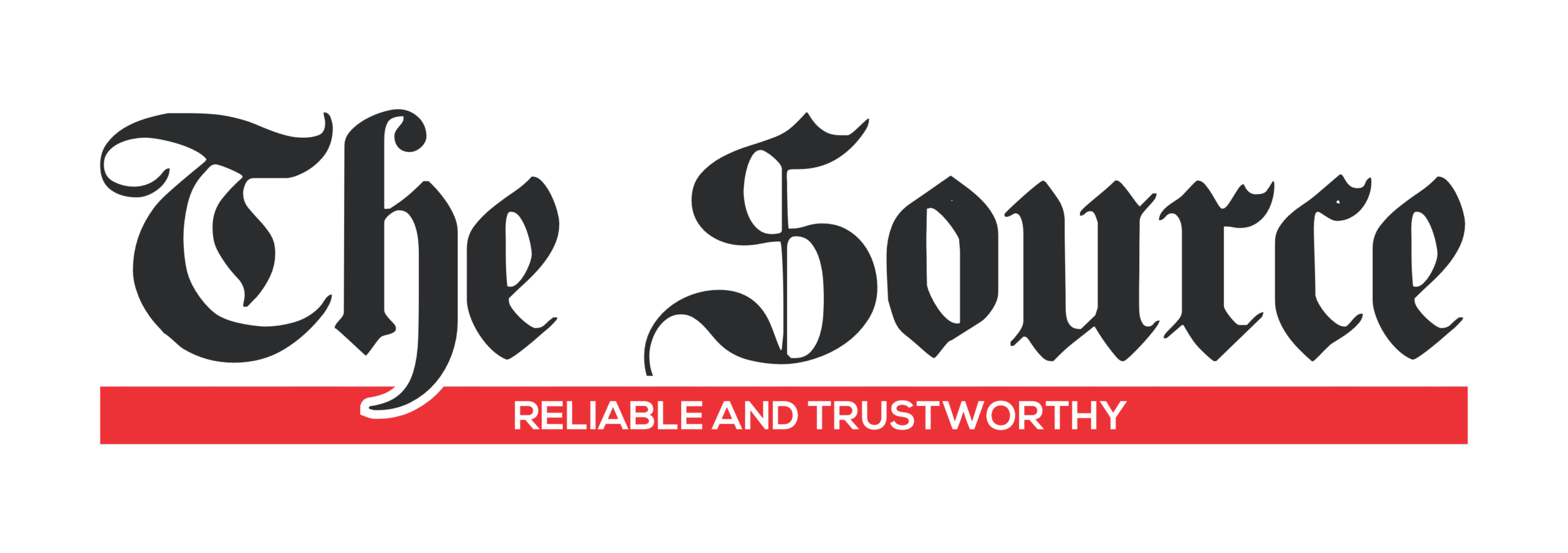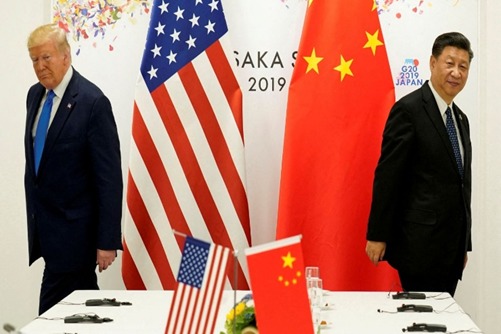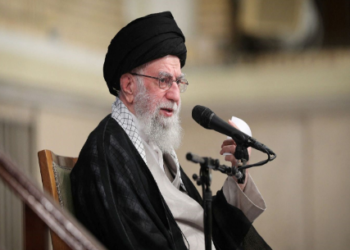US President Donald Trump attends a bilateral trade meeting
with the president of China, President Xi Jinping, during the G20 leaders’
summit in Osaka, Japan, on June 29, 2019.
President Donald Trump expressed shock at China’s “surprising” move to unleash sweeping export controls on rare earths, accusing the country of “becoming very hostile.”
But according to Beijing, it was Washington’s expansion of curbs on Chinese firms that ratcheted up tensions and drove it to further tighten its grip on the critical minerals essential to the production of a wide range of electronics, automobiles, and semiconductors.
In a rapid escalation of friction over the weekend, Trump said he would restore tariffs on China to triple-digit levels due to Beijing’s new controls, prompting the Chinese government to vow “corresponding measures.”
The moves between the world’s two largest economies have rattled markets, unnerved global industries due to production shocks, and rekindled fears of a repeat of the tit-for-tat tariff offense in spring, when levies on Chinese and American imports reached levels tantamount to trade embargoes.
The renewed tensions also risk derailing the progress made during months of trade negotiations and raised questions about whether a planned meeting between Chinese leader Xi Jinping and Trump in South Korea at the end of the month will still take place.
After Trump suggested he might call off the meeting, Treasury Secretary Steven Mnuchin told Fox News on Monday that he still expected it to happen.
China’s commerce ministry said Tuesday it remained open to talks, while reiterating that the US cannot seek dialogue while threatening new measures.
For Beijing, much of the current escalation could have been avoided had the Trump administration not piled on more restrictions in late September, massively increasing the number of Chinese entities on its export control list, Chinese experts and analysts said.
Jin Canrong, a professor of international relations at Renmin University in Beijing and a government adviser, said Beijing had merely responded to Washington’s series of “petty manoeuvres.”
“After taking a bite at China, the US now pretends to be innocent and even tries to play the victim,” he wrote in a Saturday post on Chinese social media Weibo.
From Easing to Escalation
Over the summer, US-China relations had shown signs of a detente, particularly following trade talks in Madrid in September and a subsequent phone call between Xi and Trump, according to Wu Xinbo, dean of the Institute of International Studies at Fudan University in Shanghai and an advisor to the Chinese foreign ministry.
In the September call with Trump, Xi commented positively on the talks, but also warned the American president against “imposing unilateral trade restrictions to undermine the progress achieved by both sides.”
But Washington significantly expanded its export restrictions just 10 days after the call by placing the subsidiaries of already sanctioned companies from China and elsewhere under the same controls, increasing the number of firms facing the curbs in China from around 3,000 to several thousand more.
“From China’s perspective, this is extremely malicious,” Wu said, adding that it again shows Trump “acting in bad faith.”
“If, after more than half a year of dealing with China, the US still hasn’t realized that taking such actions against China will have serious consequences, then I’d say the people on Trump’s team are downright incompetent,” he said.
China’s commerce ministry echoed this sentiment on Sunday, citing additional examples such as US plans to charge fees on Chinese-built ships docking at American ports.
These US actions “have seriously harmed China’s interests and undermined the atmosphere of bilateral economic and trade talks,” the ministry said, urging Washington to “preserve the hard-won progress,” while vowing countermeasures should Trump make good on his latest threat.
Deja Vu
Paul Triolo, a China and tech expert at consulting firm Albright Stonebridge, said the escalation harkens to the downward spiral of bilateral relations in May.
“We’re sort of at the edge of an abyss again,” Triolo said. “But now the stakes are even higher because both sides now understand the consequences of this.”
Following a trade truce in which the two countries agreed to roll back steep tariffs through talks in Geneva, Trump dropped a series of bombshells.
He banned global companies from using Chinese tech giant Huawei’s AI chips, implemented new export curbs on chip-designing software aimed at China, and threatened to revoke the visas of Chinese students in the US.
The moves scuttled negotiations for weeks before subsequent talks salvaged the fragile trade truce.
Beijing’s move to tighten its control on rare earths, Triolo said, was a “logical” and “proportional” response to the scale of Trump’s actions, rather than a new effort to gain leverage in upcoming talks.






